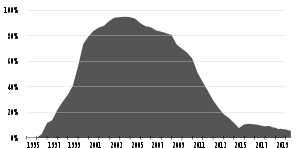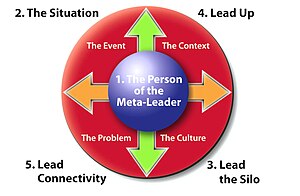I have never liked cavorting. I find the nimble act of careless frolicking to be unnerving. Done within the snow is even more scary. You have to dress for the occasion and know that the people you are with will not laugh at you. The mood is almost never right for frolicking. I can’t have just settled down with a book or ready to go to work. I certainly can’t be half-asleep when it starts to snow and be asked to frolic by my girlfriend in college and feel an amazing need to leave our dorm room with heavy clothes on to go and cavort at two in the morning.
Surely, no one could say that this was selfish. Hopefully, you see that cavorting under the circumstances was not my first choice. How dare she ask me to do that when all I wanted to was sleep. Her understanding of my needs was lacking, which was much of the reason that we broke up after about 7 months of dating. And yet, this was the moment that I realized that I was inherently selfish. That my own needs were above those of people that I loved.
In everything that has happened since, I have been trying to unravel what it is that would cause me to get up and cavort like I want to do it as much as the one I’m with. And more than that, what would cause me to stop doing whatever I am doing and start working with those that I love toward their priorities.
Last night I went out and spent money. Money my family doesn’t have at the moment, at least not for going out without my family. I felt selfish in the act, and even worse in the aftermath. Explaining away the expenditure seems to be as painful as realizing that I didn’t want to frolic with my ex-girlfriend. I realized that my priorities are not the same in that moment as what my wife wants and what my family needs.
That kind of selfishness is excusable sometimes, but I can’t say that it ever feels okay. I may have needed last night, but it was at the expense of what the rest of me (my family) needed. How can I justify that? How can I allow myself to be separated from who I am to simply go after what I want?
I know I will work it out, but if I am honest with myself, I know that I made the wrong decision last night. I’m okay with being wrong, but this is a bad wrong. I can and will learn from it, but why couldn’t I see it before the fact? I saw the separation, but somehow I thought it was justified. It isn’t.
And it makes me wonder about all of the things that we deny and separate out so that we can be selfish for a moment. Keeping in sync with the people that mean more to me than anything else is the only thing that matters. The conference, the meeting, the blog post, and the unending grind of the public sphere is designed to separate us out into our interests and capacities.
The get together will boil us down to our most selfish interests. We network because we want more than we have, even if that is just a good conversation. We meet to advance the things who will become while cutting of a little bit of who we are. We mask the worst of ourselves much of the time because we are envious of this version of ourselves that doesn’t really exist. And that may be healthy for some, but not for me. At least not after last night.
I am selfish, and I know what it costs. It costs me cavorting and frolicking and enjoying the company of the people that will feed my passion. And this is how I know:
Last night was exhausting. Going out for happy hour with my wife gives me energy. That is the kind of cavorting that I need. Those moments that keep me energized are the ways that I know I am not being selfish because I am completely in sync with the other person’s needs. I want to be in sync with my family because they give me the energy to live. And I want to live, without being too selfish.







